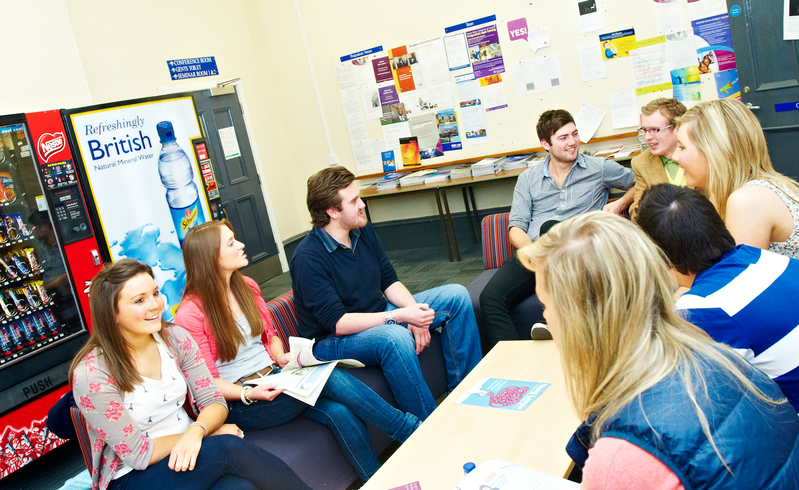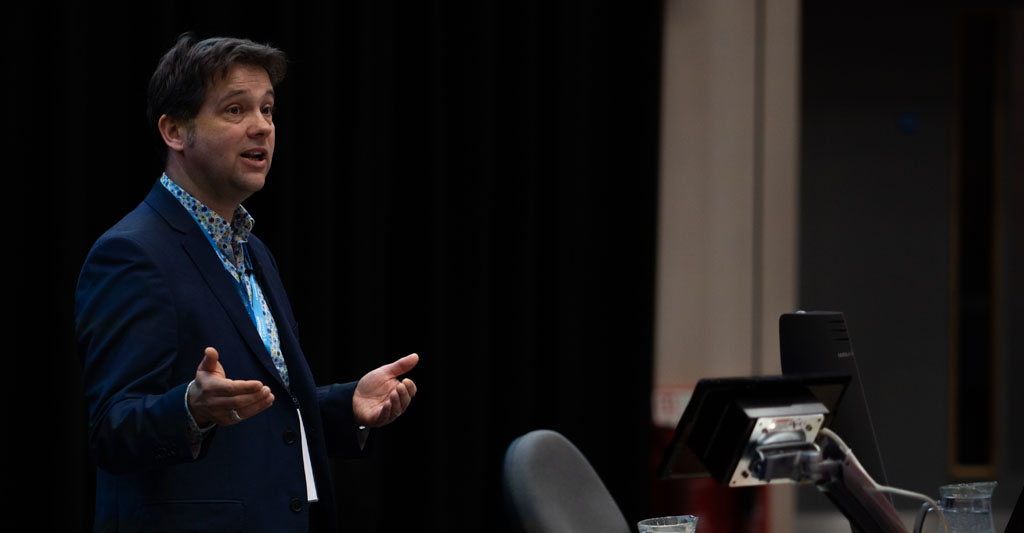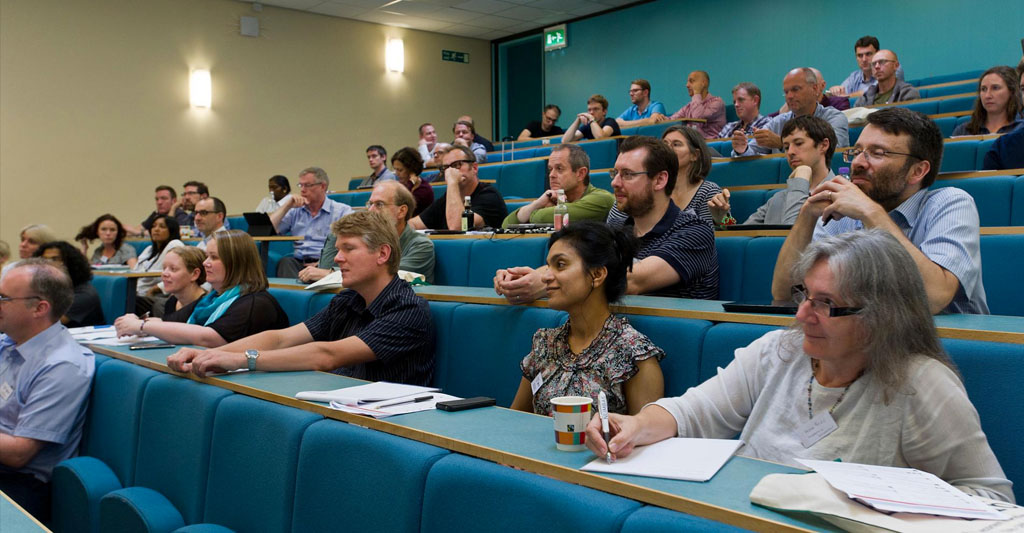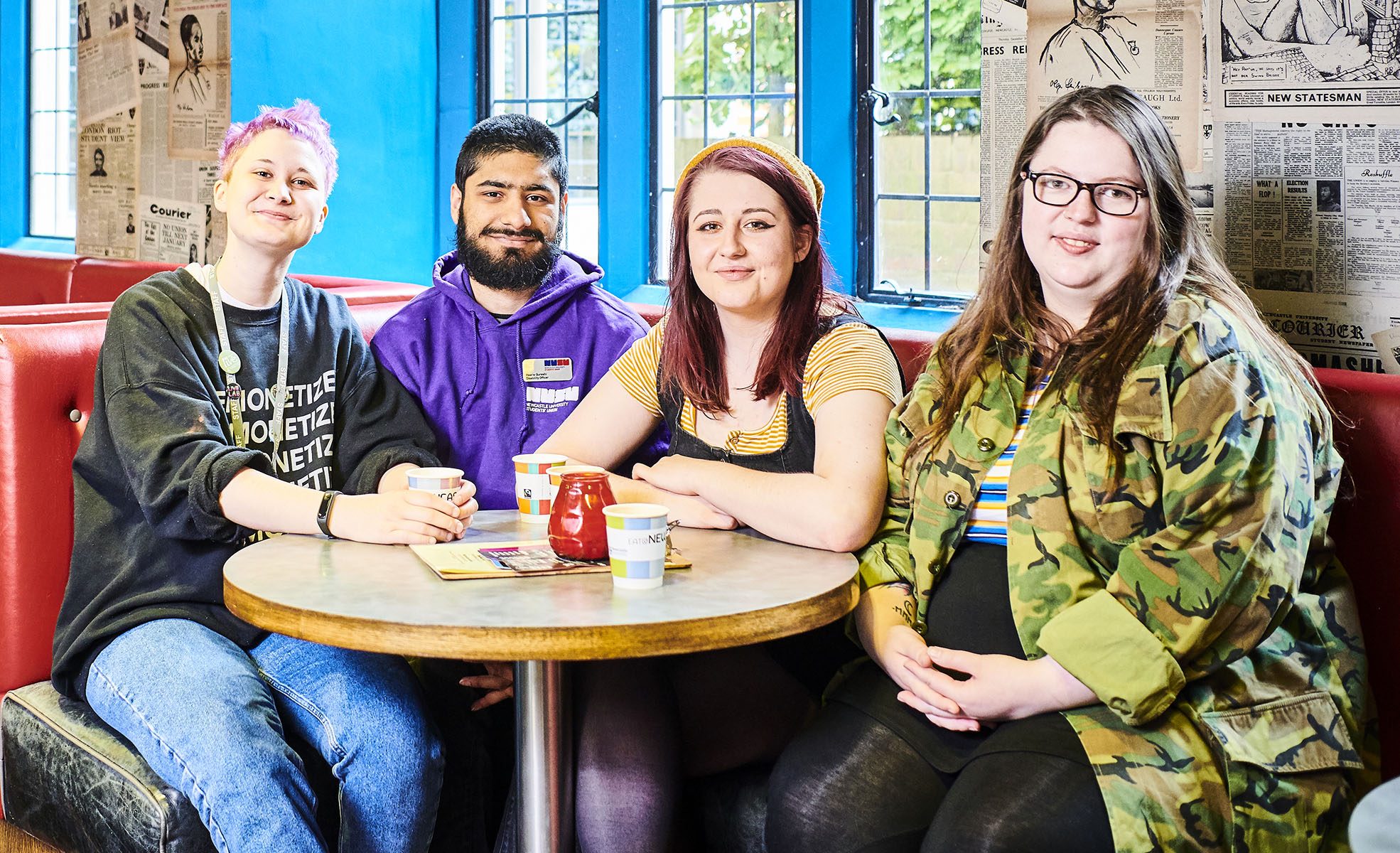Working alongside student interns, Newcastle University HaSS colleagues have developed a new Learning Communities toolkit – a range of accessible and reusable ice-breaker and community-building resources. Available via Canvas Commons, this toolkit is ideal for educators looking for ways to encourage and facilitate effective learning communities within their module groups.
Why is a learning community needed?
Developing a learning community amongst a group of students can be hugely beneficial. Not only does it provide students with the opportunity to come together in a safe place to share opinions and ask questions, but it also allows them to feel a sense of belonging and connection with other students (this is particularly useful where minority groups are concerned). Learning communities also provide academic benefits: encouraging attendance at lectures, active engagement, and group collaboration. This toolkit provides a range of ideas to get you started and support you along the way in the development of your learning community.
How to use this toolkit
We’ve published our Learning Communities toolkit on Canvas Commons to make it easy to find, download and reuse in your own courses. To help you find activities quickly, we have organised them into three separate categories: Icebreakers, Building Community Activities, and Maintaining Community Activities.
You can preview and download the toolkit here:
https://lor.instructure.com/resources/bb4c049eeff34e15b2091c6fd4755651?shared






